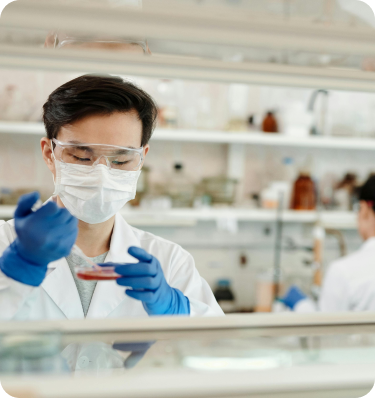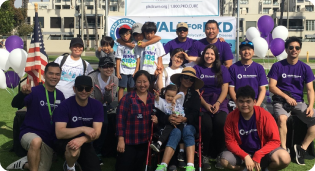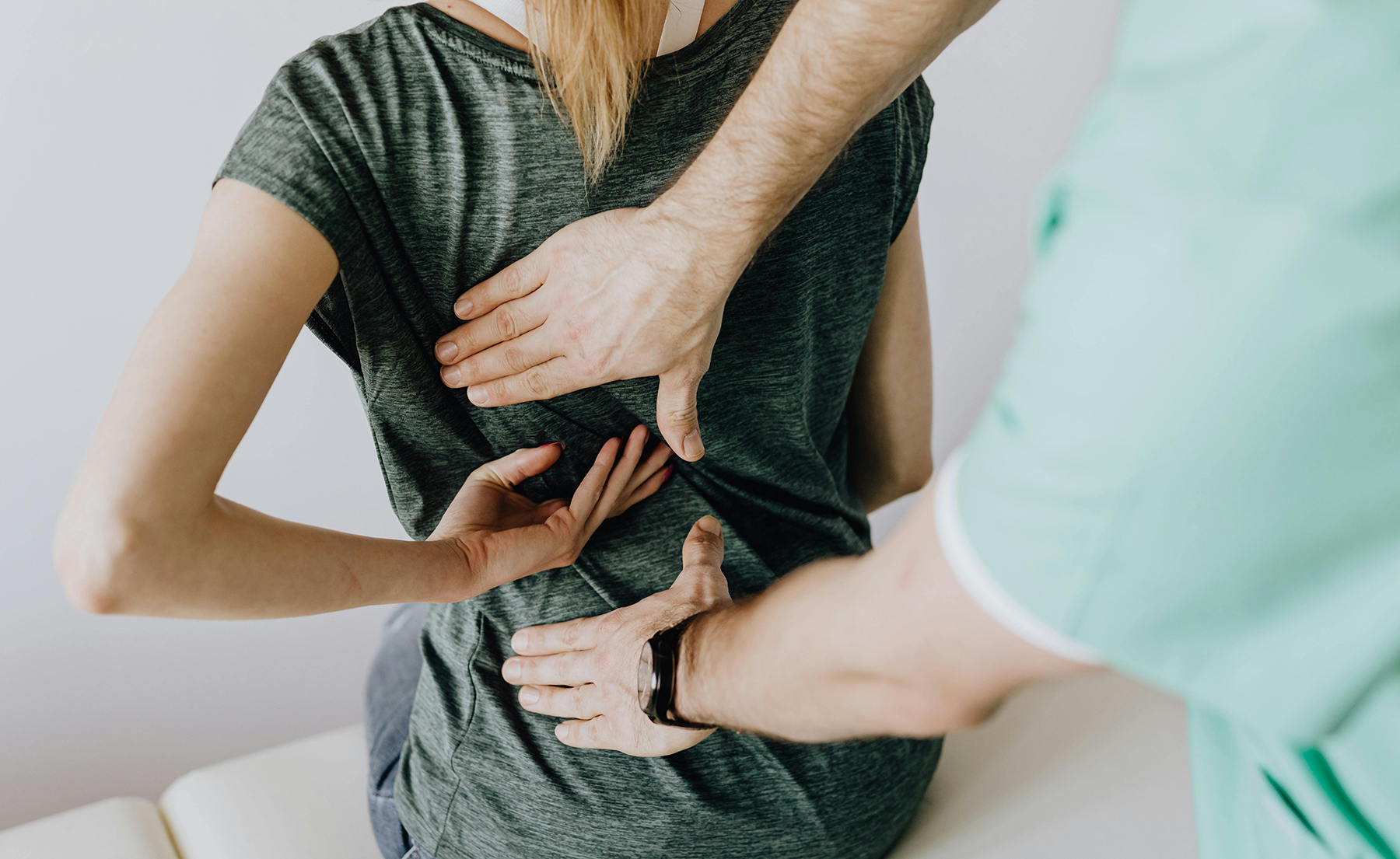Chronic pain is one of the most common problems for patients with PKD. The pain is usually in the back or the side, and occasionally in the stomach. It can be intermittent and mild requiring only occasional pain medicine such as acetaminophen (Tylenol). However, in a small number of patients with severe PKD, the pain can be constant and quite drastic. For these patients, surgery may be needed.
If you have a few big cysts causing the pain, they can be aspirated and sclerosed with chemicals that are injected into cysts. Sclerosis is done using an ultrasound or CAT scan to guide your doctor to insert a needle into the cyst(s), drain the fluid, and then coat the cyst wall with a sclerosing substance to remove the cyst’s lining cells. If you have severe pain due to a greatly enlarged polycystic kidney, surgical approaches may also be considered. For example, laparoscopic cyst decortication or surgical nephrectomy may be possible, especially if you’re already on dialysis/end stage renal disease.
Pain is an extremely individualized feeling. Only the person feeling the pain can measure its intensity. It’s important to remember that pain frequency and tolerance vary greatly among individuals. Pain tolerance appears to be influenced by a person’s cultural background, expectations, behaviors, physical, and emotional health. For this reason, pain clinics that utilize biofeedback and support groups can be helpful in managing your pain. Pain clinics are sometimes a division of the anesthesiology department of a surgical hospital. To find a pain clinic, talk with your doctor or nephrologist. They can direct you to one that can help you with your specific PKD pain needs.





